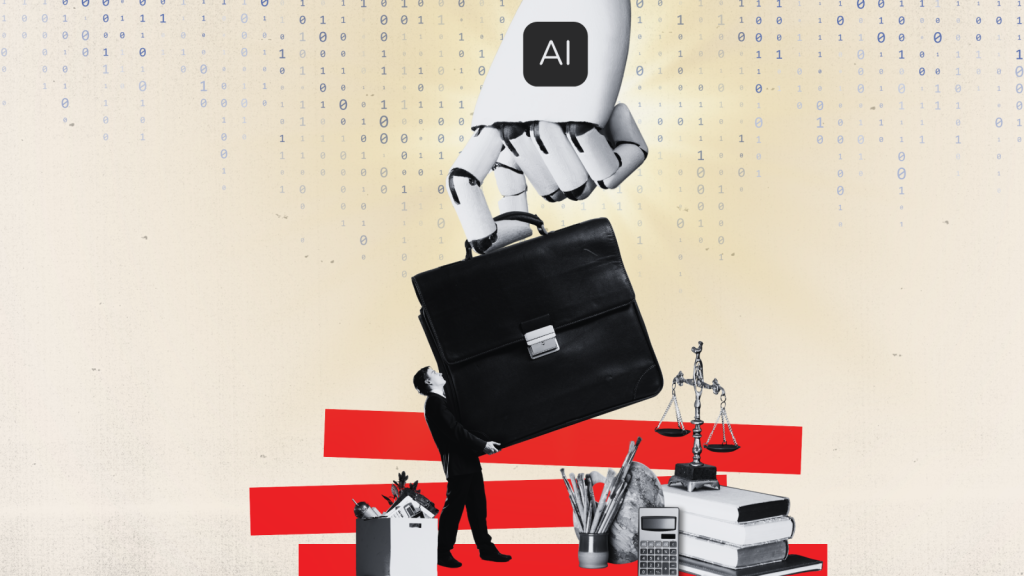AI Threatens Entry-Level Jobs for College Graduates, Experts Warn

Artificial intelligence could significantly disrupt entry-level roles for recent college graduates, eliminating many positions at the bottom of the white-collar career ladder or drastically altering them, according to experts who spoke with ABC News.
These concerns come as AI-driven chatbots continue to advance and as executives from various companies, including Anthropic’s CEO Dario Amodei, discuss the growing impact of automation on jobs. Amodei recently predicted that AI could reduce U.S. entry-level job opportunities by 50% within the next five years.
This prediction is compounded by recent corporate decisions, such as Business Insider’s decision to lay off 21% of its staff while going “all in on AI” to increase operational efficiency.
Experts believe AI could replace or shift entry-level jobs in several fields commonly pursued by recent graduates, including computer programming and law. However, they also point out that the broader economic climate—rather than just AI—is a contributing factor to the current job struggles facing recent graduates. Many blue-collar and hands-on roles are expected to remain largely unaffected by AI, with tech-savvy younger workers potentially in a better position to find new opportunities that incorporate AI.
“We’re in a period of significant change,” said Lynn Wu, a professor at the University of Pennsylvania. “I sympathize with college graduates. In the short term, they may have to stay with their parents for a while. But in the long term, they’ll adapt—AI natives will be fine.”
The job market for recent graduates took a noticeable downturn in early 2025, with the unemployment rate for this group rising to 5.8%, the highest since 2021. The underemployment rate also climbed above 40%, according to the New York Federal Reserve. While AI plays a role, analysts say broader economic uncertainty, including issues like President Donald Trump’s tariff policies, is likely to blame for the increase in youth unemployment.
AI’s most significant impact is on white-collar, entry-level jobs, with the technology excelling at tasks such as writing and basic computations, which are common in many entry-level positions.
Dario Amodei of Anthropic believes AI could soon take over roles previously filled by low-level employees, such as legal assistants and computer programmers working on basic coding. “It’s likely that the first jobs to be affected are the more basic, entry-level roles,” said Anu Madgavkar, head of labor market research at McKinsey Global Institute. “There will be fewer people getting a foothold in these positions.”
Lynn Wu echoed this concern, bluntly stating, “The biggest issue is that the career ladder is being broken.”
However, Madgavkar is more optimistic about the future of entry-level work, saying that while these roles may change, they won’t disappear entirely. She predicts that employers will increasingly value problem-solving and analytical skills, alongside the ability to effectively use AI tools. “I don’t think we’ll see a massive drop in demand for entry-level workers,” she said, “but the expectations for young people to use AI will ramp up quickly.”
Meanwhile, some jobs and tasks remain largely immune to AI disruption, including manual labor, trades, and roles that require human interaction, such as doctors or upper management.
Isabella Loaiza, a researcher at MIT, co-authored a study that tracked shifts in U.S. job roles from 2016 to 2024. Loaiza pointed out that while AI has impacted white-collar jobs, roles requiring critical thinking and empathy—such as early education, home health aides, and therapists—are more resilient.
“It’s true that AI is having a noticeable effect on white-collar jobs, but jobs that are highly human-intensive are likely to remain robust,” Loaiza added.

